

A resident of Eldas Constituency in Wajir county has written to the director-general of the Kenya Rural Roads Authority on the status of the roads in...


Ms June Jerop Kangogo 36, an accountant at the National Industrial Training Authority (Nita) and Masters student at Kenyatta University, went missing on March 19, at around...


A Mombasa based lobby group is threatening to move to court and then stage major demonstrations in Mombasa over the Likoni floating bridge. The project done by...


RFH Healthcare is amongst the five healthcare providers that have allegedly been engaged in a multimillion National Health Insurance Fund (NHIF) scam. This is according to...


The government of Zimbabwe says it will launch investigations into several people involved in gold smuggling and money laundering following the release of an undercover Al...


A lawyer has been ordered to pay the National Social Security Fund (NSSF) Sh6 million for giving a false undertaking to clear the amount on behalf...
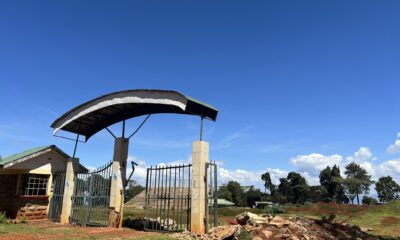

An expose done by Nation – Kenya’s stadium millionaires – has laid bare how top government officials including current Cabinet Secretary for Trade and Industry Moses...
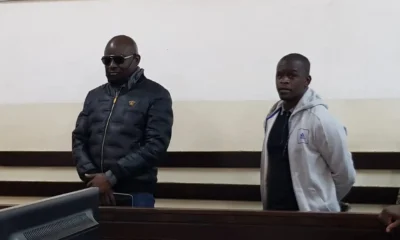

An advocate of the High Court and a gold dealer were yesterday charged in a Nairobi court with defrauding an American businessman of Sh132 million in...
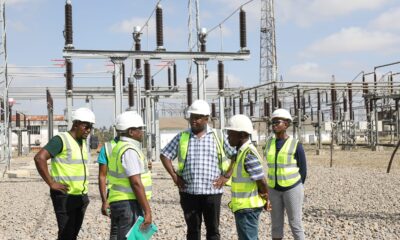

Senate committee probing the high cost of electricity was shocked to learn that Rabai Power, one of Kenya’s major Independent Power Producers (IPP), is reaping huge...


Clearing agents at the port of Mombasa have petitioned Kenya Revenue Authority (KRA) to crack the whip on senior officials. Joseph Tonui, the South region director...


Pastor James Ng’ang’a is planning to sell his Newstead hotel located in Naivasha, Nakuru county for Ksh 800 million to cater for the launch of a...
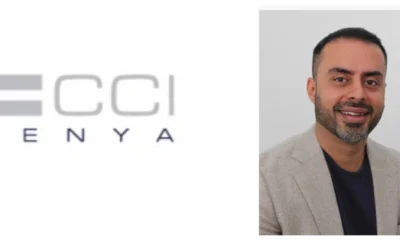

Toxic work cultures have been the centre of discussion among young people joining the labour market in the country. Over the past few weeks, allegations of...


Online gaming and betting have taken the world by storm, and Kenya is not an exception. The country has seen a surge in the number of...


A motor vehicle dealer has lost a petition seeking to quash a Sh20 million tax demand by the Kenya Revenue Authority (KRA). Singapore Motors, which deals...
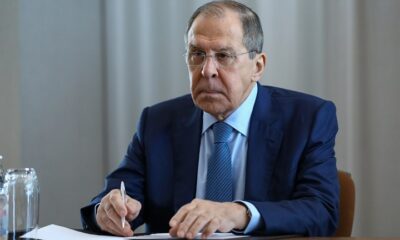

The US is trying to wreck Russia’s planned summit with African countries as part of efforts to isolate Moscow, Foreign Minister Sergei Lavrov claimed in an...
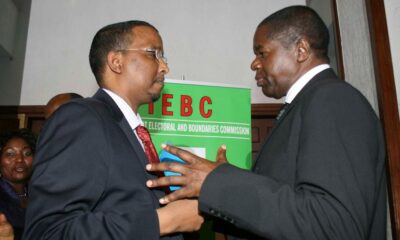

The former Independent Electoral and Boundaries Commission chairman Ahmed Issack Hassan has detailed in his just released memoir Referee of a Dirty, Ugly Game the drama...
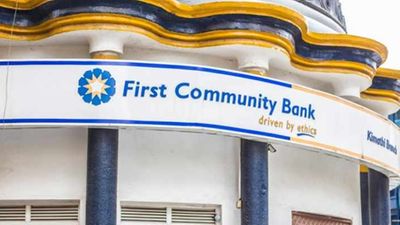

First Community Bank (FCB) has disclosed a shortfall of more than Sh1 billion in core capital, revealing the extent of the crisis that pushed its owners...
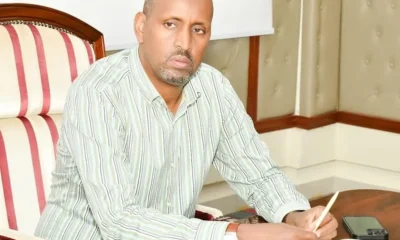

Garissa County Secretary Abdi Sheikh Mursal is facing allegations of possessing dual citizenship, which is against Kenyan law for public officials. Mursal is accused of holding...
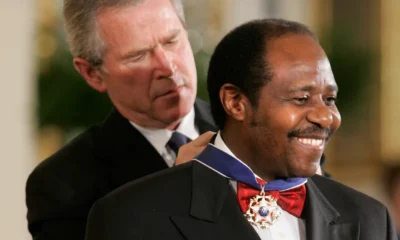

Rwanda’s leader was in combative form last December when, on a visit to Washington, he was asked about his country’s most famous political prisoner, and his...
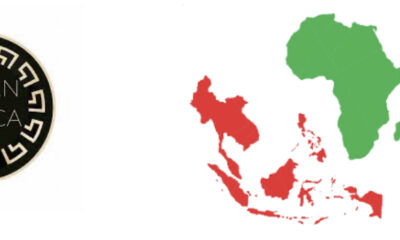

In November 1992, 6 countries (Brunei, Singapore, Indonesia, Malaysia, the Philippines, and Thailand) at that time as members of the Association of South East Asian Nations...